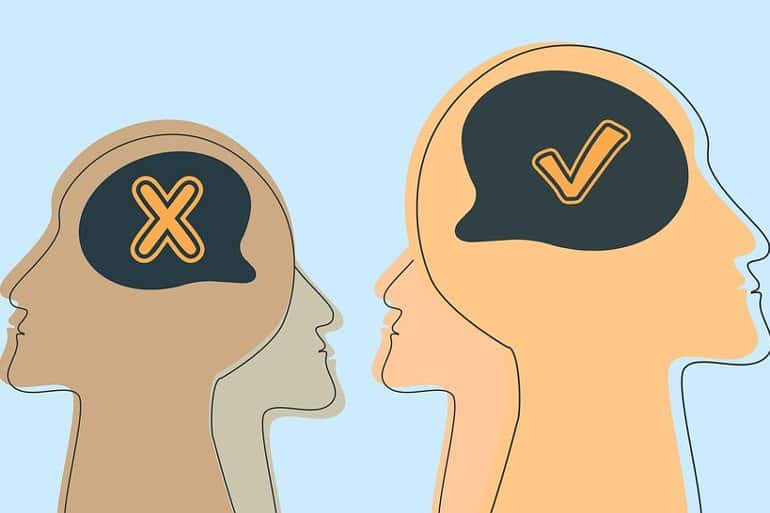
The Key to Debunking False Beliefs Is by Addressing Underlying Belief Systems - Neuroscience News
A new study suggests that to debunk false beliefs, it may be more effective to target a person's system of beliefs rather than trying to change the false belief itself. The study found that people have a system of interrelated beliefs that depend on each other and may anchor their system, making...
i gotta admit ive read this a couple times and still cant quite get the gist lol
